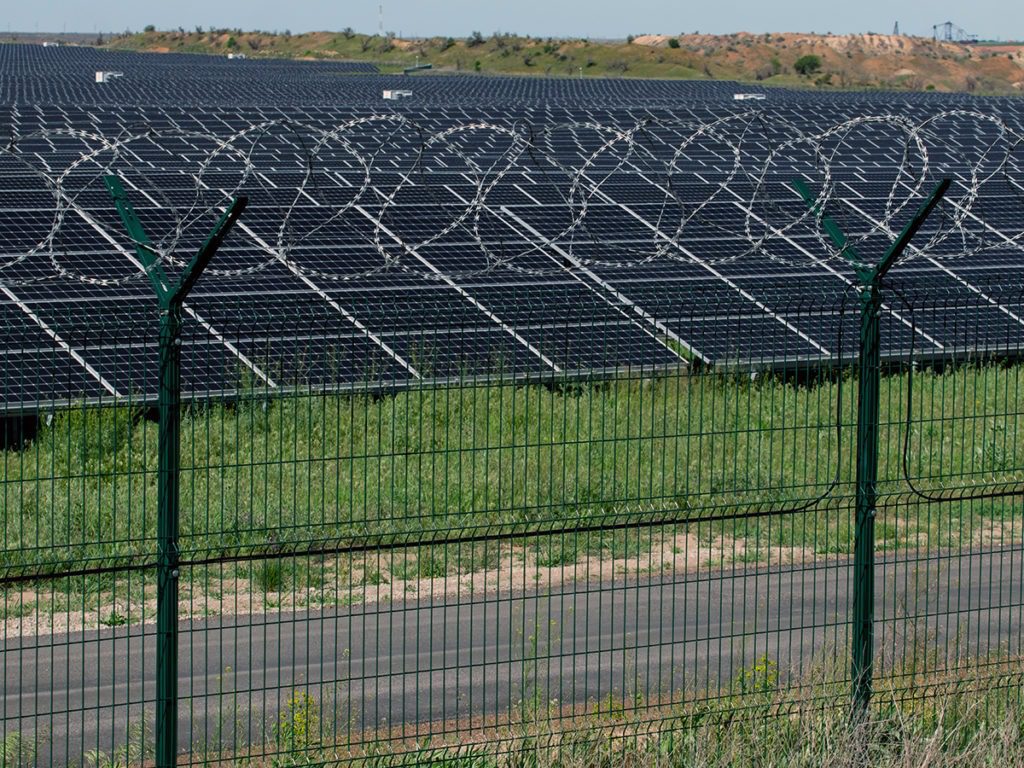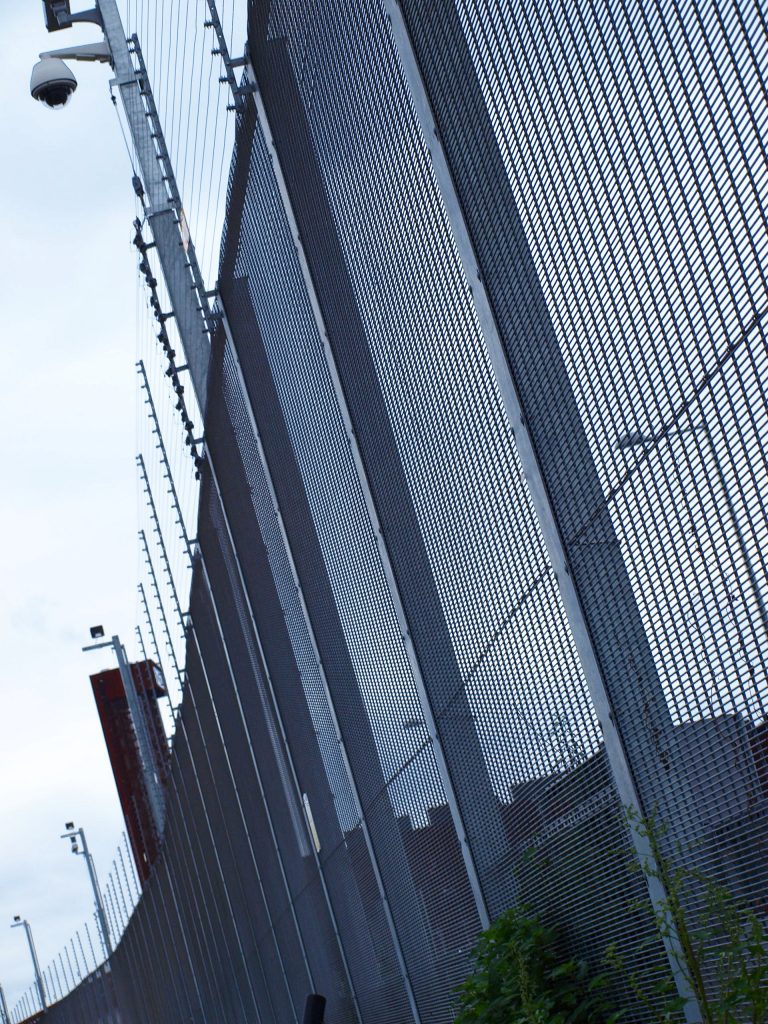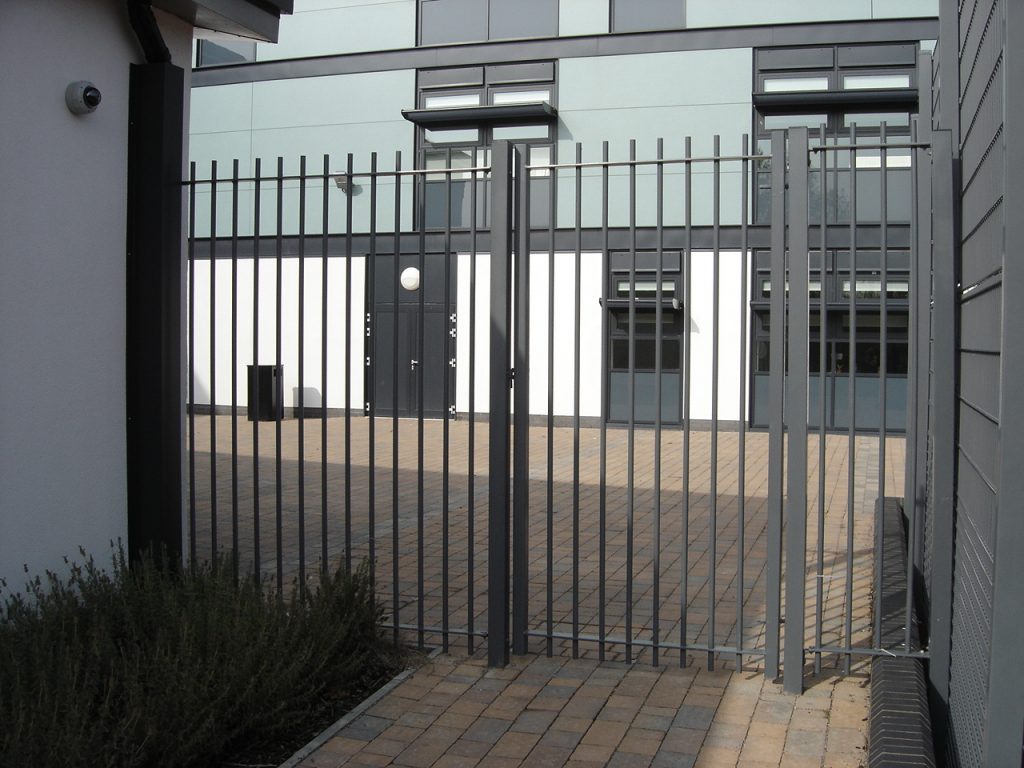The data centre market is booming across the globe – and with it, the need for intelligent integrated security systems designed from an intruder’s perspective from the outside in, says Chris Plimley.
The UK data centre market has grown by double digits in the past three years, fuelled by strong demand from the technology, media and telecom industries and growth in hybrid cloud services.
A report from research and consulting firm Mordor Intelligence forecasts that the trend will continue globally over the next five years.
They predict that the power market for global data centres will grow from $15.07 billion in 2014 to $24.01 billion by the end of 2019, a compound annual growth rate of 9.67%.
The rise in the data centre colocation market is steeper at 12.26%, with growth from $25.07 billion in 2014 to $44.69 billion expected by the end of 2019 on the back of increasing concerns at the spiralling costs of running a data centre.
But the most spectacular growth Mordor forecasts is in the global green data centre market, which will grow at 27.44% from $23.41 billion to $78.69 billion in the five years to 2019.
We’ve witnessed all three trends in our work with the UK’s leading data centre service provider, Gyron – an NTT Communications Corporation company, the network, cloud and international communications business within NTT Corporation.
It provides highly resilient and energy-efficient data centre services, supporting business-critical IT applications for customers from five state-of-the-art data centre facilities in the South East of England with a total of 49MW power.
The Campus, built on a 9.5-acre site near two existing Gyron data centres in Hemel Hempstead, northwest of London, will provide about 10,000 sq m of servers, expanding NTT Com’s total server room area the UK by 2.5 times.
The facility achieves a power usage effectiveness of under 1.2 – putting it among the most energy-efficient data centres in the UK – by using advanced green technology for cooling, such as end wall injection air conditioning, water-side economisation, and chimney racks to expel heat.
It will also be the first large scale commercial colocation data centre in the UK to offer the option of a chillers cooling system, which opens up approximately 30% more energy capacity for ICT systems without expanding its power system and without introducing outside air into the server room.
So, alongside the data centre explosion is a similar boom in physical security at the sites and their integration with human and electronic security measures.
Our perimeter security designs mimic the systems and methods used by the data centre operators themselves to protect their equipment and data assets.
So we develop multiple layers of security protection around the potential data centre target, much like the skins around an onion.
The idea is to design from the perimeter towards the centre, taking each successive boundary as an opportunity to harden the security to thwart an intruder and enable security personnel to respond to any attempted security breach.
Clearly, data centres will focus on the security of confidential information and the steps that must be taken to protect the integrity of critical data stored there. But this isn’t very helpful if the centre’s physical security isn’t up to the same standard.
This is where the ‘onion skin’ approach ensures an increased level of security the closer an intruder gets to the most critical and sensitive assets.
As with the old saying about poachers turned gamekeepers, intelligent security solutions must be designed from the mindset of the potential intruder and the multiple methods of attack they might use to get in.
Thorough site audits will take into consideration existing security measures and identify any potential weaknesses. In addition, they will play an active role in developing a fully integrated security system fit to face the challenges of the various methods and forces of attack employed by the modern-day intruder.
Our specifications have typically involved a Critical National Infrastructure ArmaWeave Plus fencing system on the outer perimeter.
We have also employed hostile vehicle mitigation measures to avert vehicle-borne attacks.
CCTV and enhanced video analytics on the outer layers allow us to gather intelligence about attackers and relay them live to guards via their mobile phones or tablets. We also integrate lighting, surveillance and perimeter intrusion detection systems to deliver a holistic security solution.
As well as protecting the data servers themselves, other critical systems need to be factored in, such as power systems and standby generators, cooling systems.
Finally, ensure that access control is integrated to allow only authorised staff through gates and doors, locking down high-security areas more securely and employing airlock-type control to avoid unauthorised people ‘tailgating’.




